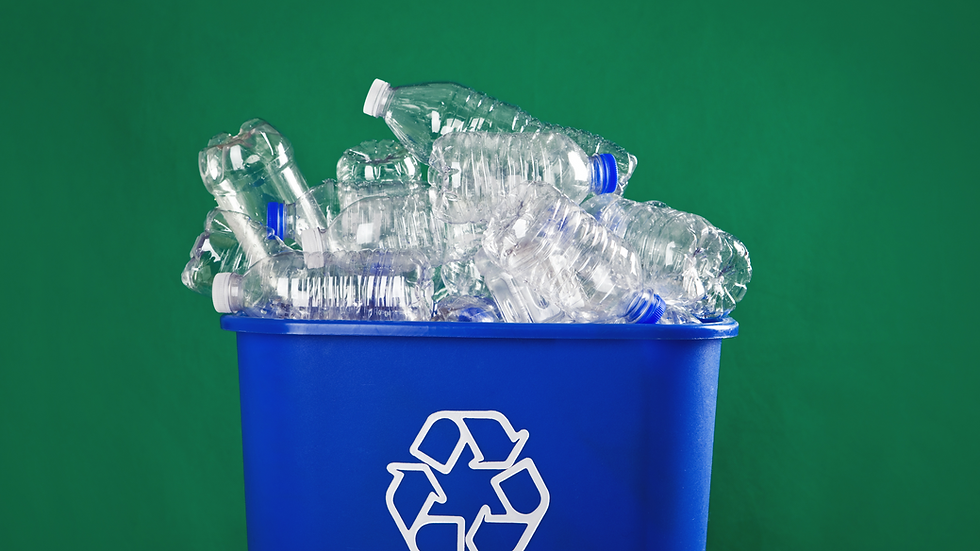Recycling Myths Debunked: What Actually Belongs in Your Bin?
- BVR
- Mar 14
- 2 min read

Recycling is essential to protecting our environment, conserving resources, and reducing landfill waste. However, with so much conflicting information out there, it’s easy to get confused about what actually belongs in your recycling bin. At BVR Waste and Recycling, we’re here to set the record straight by debunking some common recycling myths.
Myth #1: All Plastics Are Recyclable
While it would be great if all plastics could go in the recycling bin, that’s simply not the case. Many recycling programs accept only plastics labeled #1 (PET) and #2 (HDPE), such as water bottles and detergent containers. Plastics #3–7, like plastic bags, straws, and some food containers, often require special recycling programs or should be disposed of properly.
Myth #2: You Must Rinse Everything Before Recycling
A little residue won’t necessarily ruin a batch of recyclables, but excessive food or liquid can contaminate materials and make them unrecyclable. Containers should be empty and lightly rinsed to avoid contamination, but scrubbing them spotlessly is unnecessary.
Myth #3: Pizza Boxes Are Always Recyclable
Cardboard is recyclable, but greasy, food-soiled pizza boxes are not. The oil can weaken the paper fibers and contaminate clean recyclables. If the top of the pizza box is clean, you can tear it off and recycle that part while disposing of the greasy bottom in the trash.
Myth #4: Glass Always Belongs in the Recycling Bin
While many curbside programs accept glass, some do not due to the risk of breakage and contamination. Check with your local recycling provider to confirm whether glass is accepted and, if so, what types (clear, green, or brown) they prefer.
Myth #5: Recycling Centers Sort Everything for You
While recycling facilities have sorting systems, placing non-recyclable materials in the bin (a practice known as "wishcycling") can cause more harm than good. Non-recyclables can jam sorting machines and lower the quality of recyclable materials, making them less likely to be processed correctly.
Myth #6: Aluminum Foil Can’t Be Recycled
Aluminum cans are widely accepted, but did you know clean aluminum foil can be recycled, too? The key is ensuring it’s free of food residue and balled up into a size that won’t get lost in the sorting process.
Myth #7: Bottle Caps Must Be Removed Before Recycling
In the past, recyclers requested that bottle caps be removed. However, many facilities now prefer that caps stay on plastic bottles, as they can be processed together. Before tossing a bottle in the bin, make sure it is empty.
Get It Right with BVR Waste and Recycling
Understanding what can and can’t be recycled is key to making a positive impact. By following these guidelines, you’ll help ensure that your recyclables are processed correctly and avoid unnecessary waste contamination. Have more recycling questions? Contact BVR Waste and Recycling for local recycling guidelines and services!
Together, we can make recycling more effective and sustainable for our communities!
Comments